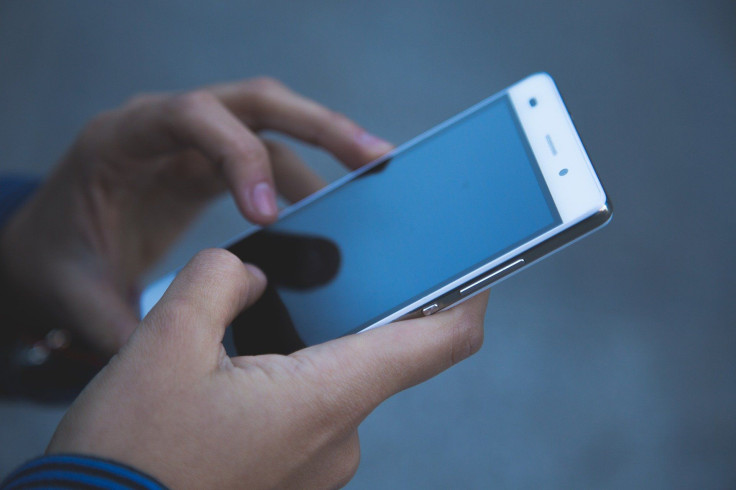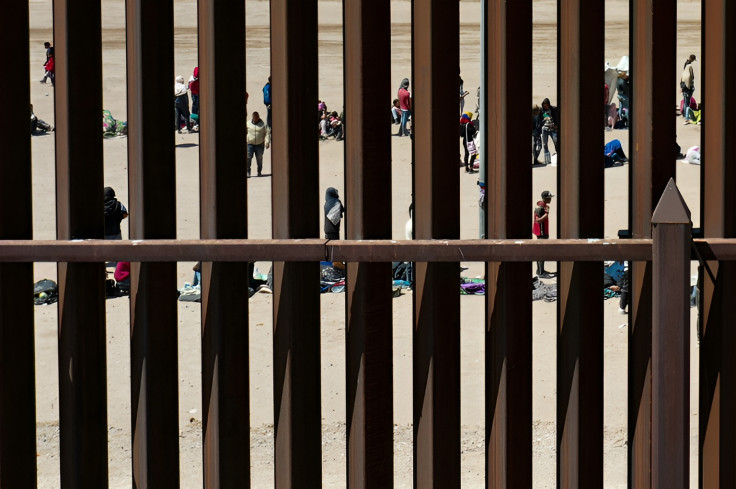
Migrants with disabilities attempting to use CBP One, the U.S. app to schedule appointments to request asylum, are not being able to do so, according to a new complaint filed by an advocacy organization and against the Department of Homeland Security.
Concretely, the app is still inaccessible to migrants who are blind, deaf, have mobility issues or intellectual disabilities, among others, according to the Texas Civil Rights Project and Civil Rights Education and Enforcement Center.
The Texas Tribune reported that this is partially because they have to log into the app every day throughout several months to actually get an appointment.
"Sometimes, this app is the only way for them to access asylum eligibility. It speaks to the bigger problem of creating roadblocks, and how those roadblocks harm vulnerable migrants, like those with disabilities," said Kassandra Gonzalez, a staff attorney at the Texas Civil Rights Project.
Around 15% of the world has a condition that qualifies as a disability, according to World Health Organization figures, but workers on the ground told the outlet that "they see a disproportionate amount of those seeking help also having disabilities. The need to flee physical violence is among the reasons for this.
"When we're dealing with asylum seekers that are victims of torture by state governments, by organized crime, they're coming with significant mental health issues will make it difficult for them to navigate a complicated app like CBP One," said Nicole Elizabeth Ramos, border rights project director for Al Otro Lado, which provides support to refugees.
Even migrants without disabilities face extremely long odds of actually getting an appointment, meaning the conditions are even harder for those included in the claim.
CBS News reported in mid-February that migrants in Mexico made over 64 million official requests to enter the United States through CBP one, but out of the total requests, nearly 450,000 have been allowed into the country --barely 0.7%.

Using the app and not crossing the border allow those approved by CBP One to apply for a work permit after being released from custody. Those apprehended after crossing illegally become ineligible for asylum if they enter the country after failing to seek refuge in another country beforehand.
Authorities distribute 1,450 appointments every day, with 30% of them assigned to those who have been waiting in Mexico the longest and the rest randomly.
The results, officials said, have been mixed: while illegal crossings by Cubans and Haitians have dropped significantly compared to previous years, this has not been the case with nationals from Central America and Venezuela. Some 2.5 million people crossed the border unlawfully in fiscal year 2023.
Moreover, incentives to wait for appointments might be lower as many of those who enter illegally still get court notices.
© 2024 Latin Times. All rights reserved. Do not reproduce without permission.
Latino migrants among minors found in Alabama poultry plant belonging to company with troubled history
A look at the gold and cash found at Sen. Bob Menendez's house, key in his bribery trial
Another front opens for Colombia's Petro as prison mutiny sees murder of warden
Politically motivated killings by crime groups top 125 as Mexican elections near
